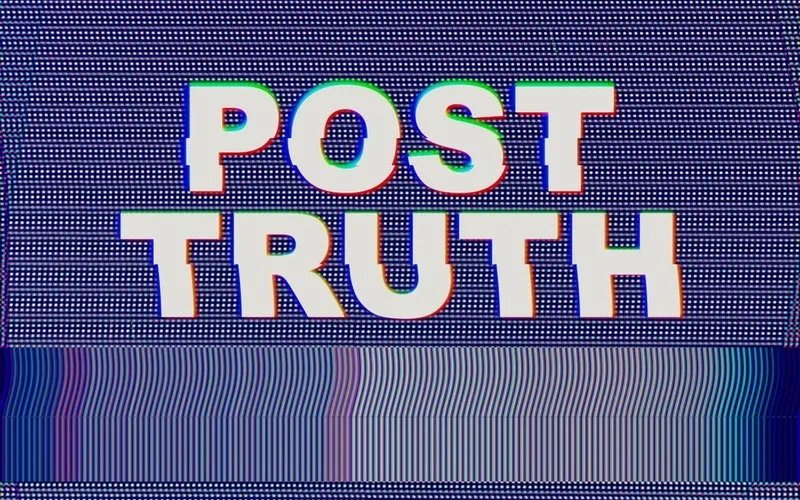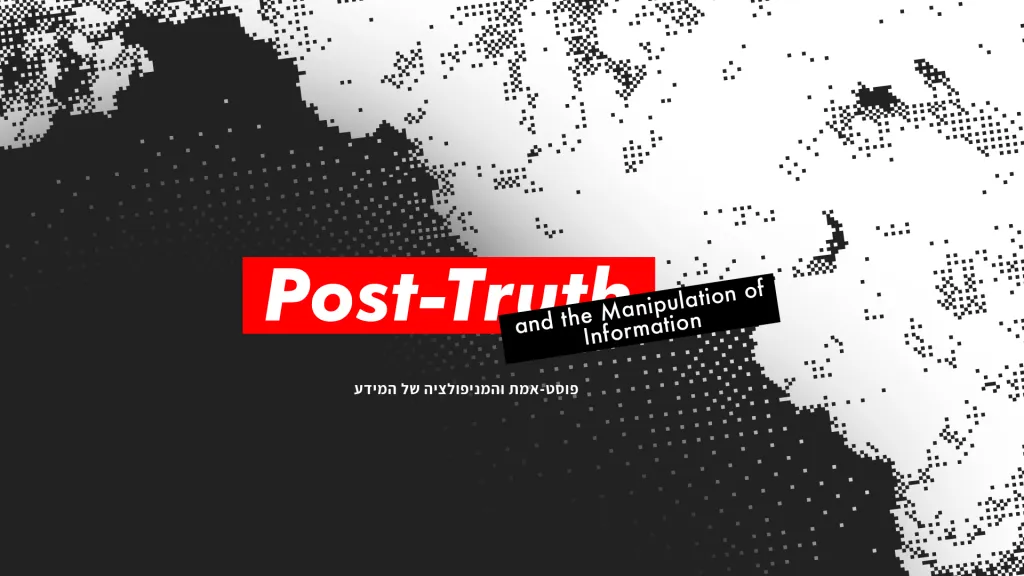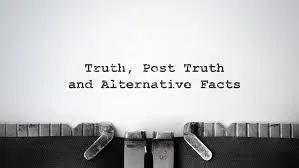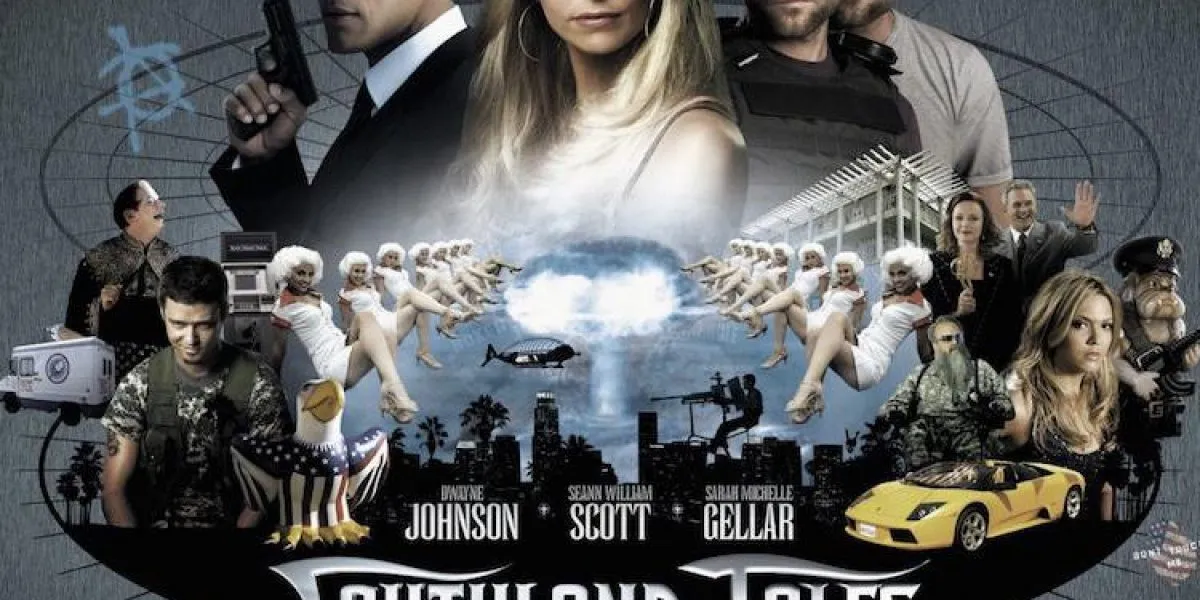Welcome to my blog...
When everyone is able to have their own media, there are significant changes in the values of truth. Right now, the truth is no longer about what is happening in the field, but everything that fits with each other's perceptions. This phenomenon encouraged the 16th edition of the Documentary Film Festival (FFD) to bring up the Post-Truth theme to respond to the current state of truth. As a medium for messengers, the documentary assumes its role in developing alternative perceptions and truths.
This year, the FFD will be held on December 9-15, 2017 in three places: Yogyakarta Cultural Park, IFI-LIP Yogyakarta, and Villa Sambal. FFD 2017 is divided into four main agendas, namely: Competition, Main Screening, Partial, and Film Critic Workshop.
Passing on last year's spirit, the Long Documentary competition category was opened in an international range. Meanwhile, the Short Documentary and Documentary Student category is held on a national scale, hoping to be able to grow the passion of making documentary film on Indonesian filmmakers. This year, FFD received 43 International Long Documentary films, 85 Short Documentary films, and 24 films of Documentary Student categories. The jury involved in this year long Documentary Competition includes: Ronny Agustinus (Founder Ruangrupa, Margin Left manager), Anna Har (Director and Producer of Freedom Film Festival), and Sandeep Ray (Indian Royal Bengal Rahasya film director). The Short Documentary involves three judges: Antariksa (Founder of KUNCI Cultural Studies), Lono Simatupang (UGM Anthropology Lecturer), and Vivian Idris (Actress and Producer). Meanwhile, Documentary Student with the judges: Irfan R. Darajat (LARAS Researcher), Jason Iskandar (Director of "Seserahan"), and Steve Pillar Setiabudi (Director of documentary "Tarung").
The playback agenda is divided into five programs: Perspective, Spectrum, Dear Memory: Memory Experimentation, Doc Music, and Special Program: 5 Islands / 5 Villages. Perspective is a major non-competition program that refers to the theme of the festival. This year, post-truth discourse is animated through selected films, including The Village Bid of UFO (Japan), Watching the Detective (Canada), German Youth (Germany). The Perspective Program will also be responded by a specific discussion session on how the post-truth documentary positions with Roy Thaniago (media researcher) and Tino Saroenggalo (documentary director and documentary producer).
This year, FFD also presented a special program of Inaugural Screening and Discussion of 5 Island / 5 Village Projects as a result of cooperation between FFD and Goethe-Institut Indonesia. FFD will hold the premiere of Indonesian filmmakers sent to five villages in Germany for approximately three weeks from the last part of the project, titled 5 Villages.
In the partial agenda, FFD presents six different programs: Asian Doc, Docu Francaise, Le Mois du Film Documentaire, Focus Japan, National Film Board Canada, and Dear Memory: Memory in Documentary.
Asian Doc is a collaborative program of two festivals; Documentary Film Festival (FFD) & Jogja NETPAC Asian Film Festival (JAFF). A program to experience Asia through selected documentary films. This year, Asian Doc offers several films, such as; I Want to Go Home (Singapore), Phantom of Illumination (Thailand), Mojtamae Laleh (Iran), and Tetsu Kono's Crazy Routine (France).
Focus Japan is our effort to see Japan as a country with a long and fairly established cultural history of cinema. Together with the Japan Foundation, we are interested to take a closer look at the point of view and how to plant the distinctive perceptions in his documentary films such as The Lost Dreams of Naoki Hayakawa, Forestry and Musume.
Docu Française and Le Mois du Film Documentaire are two cooperation programs between FFD and IFI (Institut Français d'Indonésie). Docu Francais this year specifically chose the cinema-verite style of documentary-making style created by Jean Rouch in the 1960s. In the Docu Francaise program, FFD will present French cinema-verite films today, such as Merci Patron (2015) and Conter Sa Vie (2015). Le Mois du Film Documentaire himself will discuss how young people break down and get around the socio-cultural boundaries that exist in the schoolroom. The films to be screened are Comment J'ai Deteste Les Maths (2013), Chante Ton Bac d'Abord (2013), La Cour de Babel (2013), and Les Regles Jeu two (2014)
The latest program of the partial agenda is NFB, a collaboration with the National Film Board of Canada and Canada Embbasy. Through this program, we try to introduce spectators with Canadian problems and phenomena through documentary works. Movies played, among others; Nowhere Land (2015), Dialogue (s) (2016), and Stone Makers (2016).
Memory in Documentary is the second perspective of the Dear Memory program. This perspective is presented to read the memories of filmmakers in expressing greater context such as politics, media, and even cinema. The films to be played in this program are; La Rideau de Sucre (France), Odessa, Odessa (France), Every Wall is a Door (Bulgaria).
FFD chose film criticism workshop as an education agenda. After 15 years of serving at the same time witnessing thousands of documentaries, this year FFD intends to move the audience to respond to the documentary. The FFD collaboration program with Cinema Poetica hopes to enliven the film criticism as well as develop a healthy documentary climate. Workshops to be held intensively for 5 days, 10-14 December 2017.
Through a variety of themes and agendas selected, FFD believes that documentaries have a significant position in educating the public and providing an alternative viewpoint rarely touches the mainstream media. As a medium, documentary film can be used as an independent media aspiration, presenting reflective messages, and can pass the boundaries of space and time.



